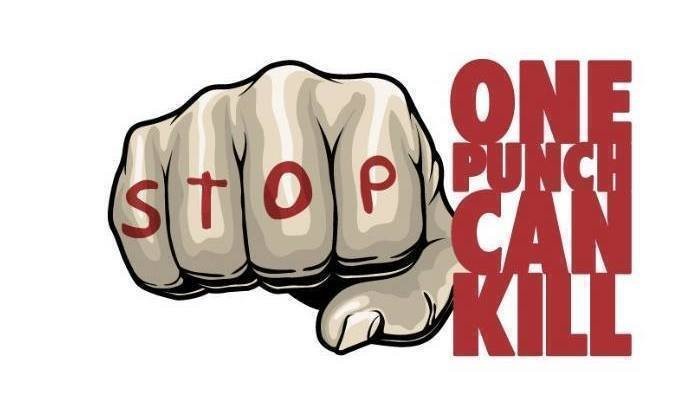One punch assaults are shockingly frequent in Queensland. In the years between 2010 and 2012, there was a devastating number of deaths and arrests across the country resulting from one single punch.
In an attempt to combat the offending and raise awareness, legislation was amended and Unlawful Striking Causing Death was added to the Queensland Criminal Code.
Prior to the introduction of the offence, the court found penalising one punch deaths particularly difficult given the limitations of the legislation at the time.
One punch could not be considered murder- as there is no intent to kill.
One punch could not be considered manslaughter- as the Court could not be satisfied that where someone has thrown a single punch, death was foreseeable.
However, the Court deemed the offending too serious to be characterised as common assault- someone died, and the maximum penalty is only three years for this offence.
Therefore, public pressure forced the government to change the law to accommodate and properly penalise one punch deaths. Hence, Unlawful Striking Causing Death was introduced.
Under the new law, offenders who cause the death of another person by unlawfully striking, regardless of whether they intended the victim to die, or foresaw death as a possible consequence, face a maximum penalty of life imprisonment.
If you are arrested and charged with Unlawful Striking Causing Death, the matter will commence in the Magistrates Court but it is too serious to be finally dealt with by a Magistrate. A full brief of evidence will have to be obtained and a committal hearing will have to be conducted. The matter will then proceed to the District Court. If you enter a plea of guilty then the charge will be determined by a Judge. If you enter a plea of Not Guilty then the trial will be before a Judge and Jury. If you are found guilty then you will be sentenced by the Judge.
What should I do if the police want to speak to me about a Unlawful Striking Causing Death allegation or if I am charged with Unlawful Striking Causing Death?
You have the right to remain silent. You DO have to provide police with your name, date of birth and contact details. You should NOT answer any questions, make any statement or participate in any interview with the police. You should be polite to the officer but insist that you want to talk to your lawyer. You have the right to telephone a friend, relative or lawyer.
Call an Expert
If you are charged with a criminal offence, it is very important that you seek immediate legal advice. Our team at Brooke Winter Solicitors can give you over the phone advice. We have a solid reputation as expert Criminal Lawyers and can represent you in court. Call us on 1300 066 669 if you have any questions. We can assist you no matter where you are located and can appear in every court.





